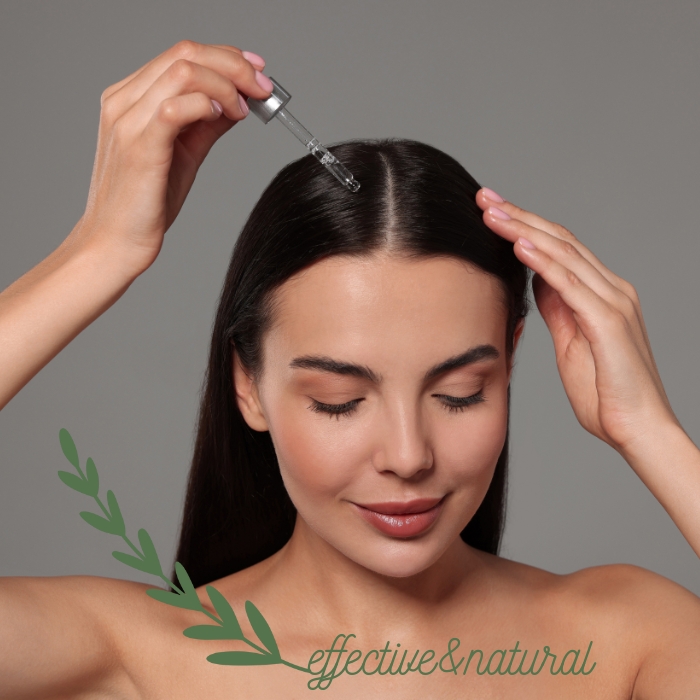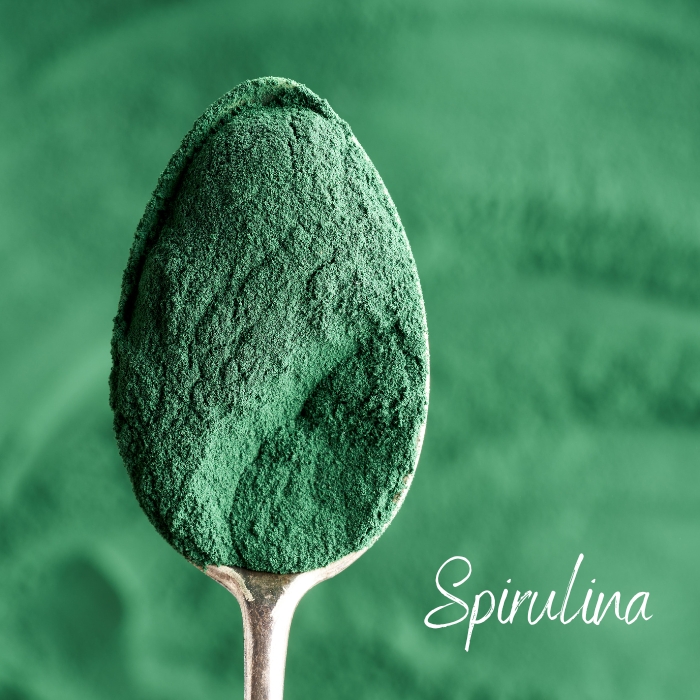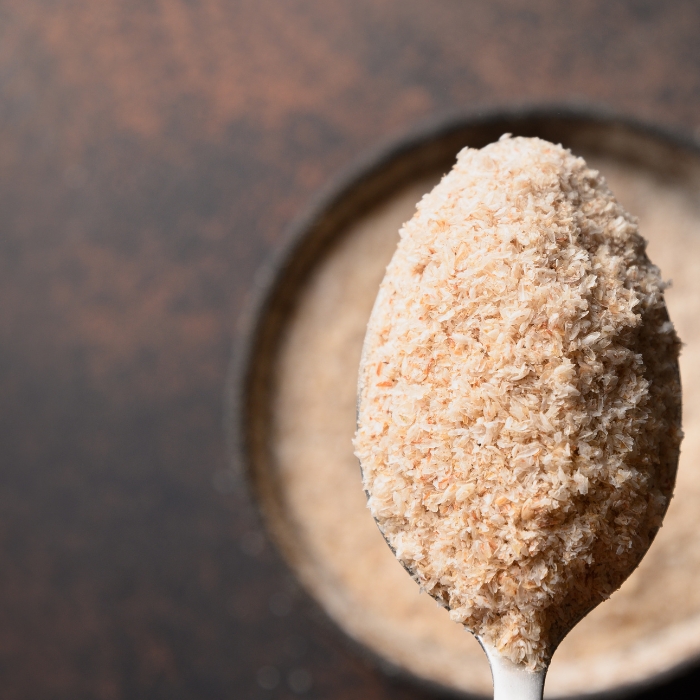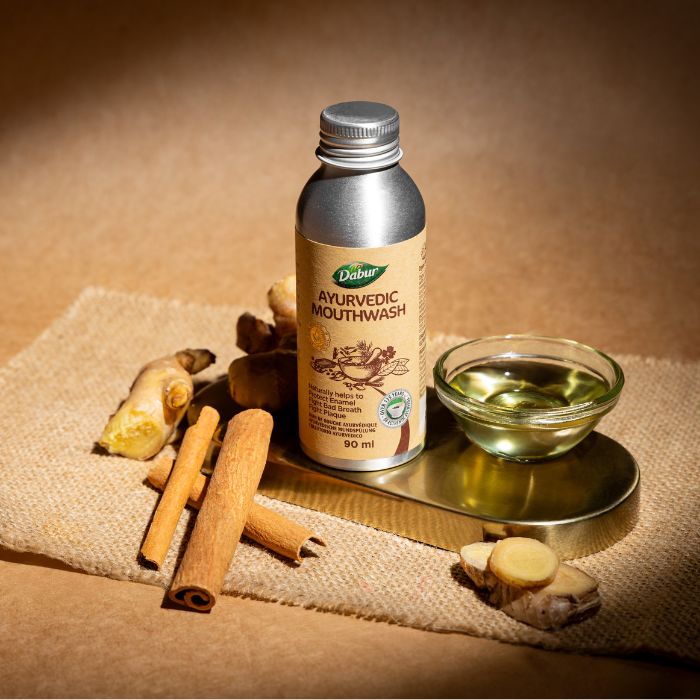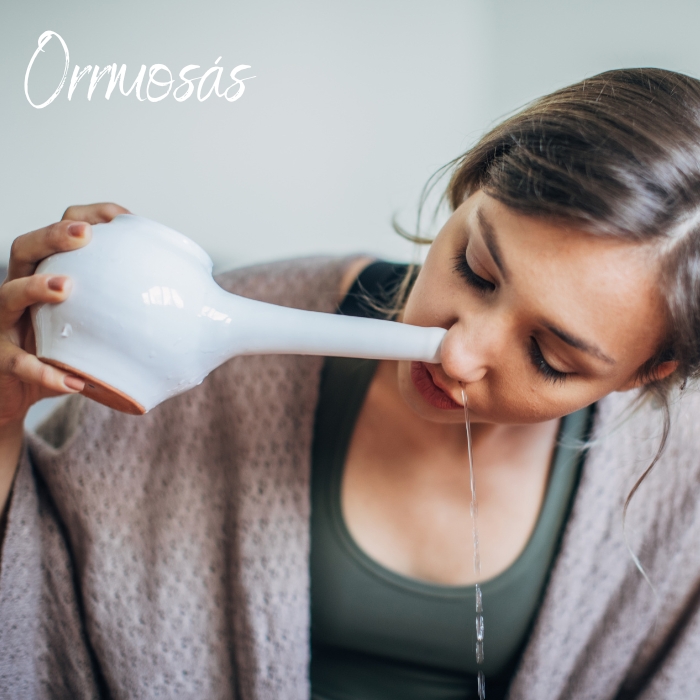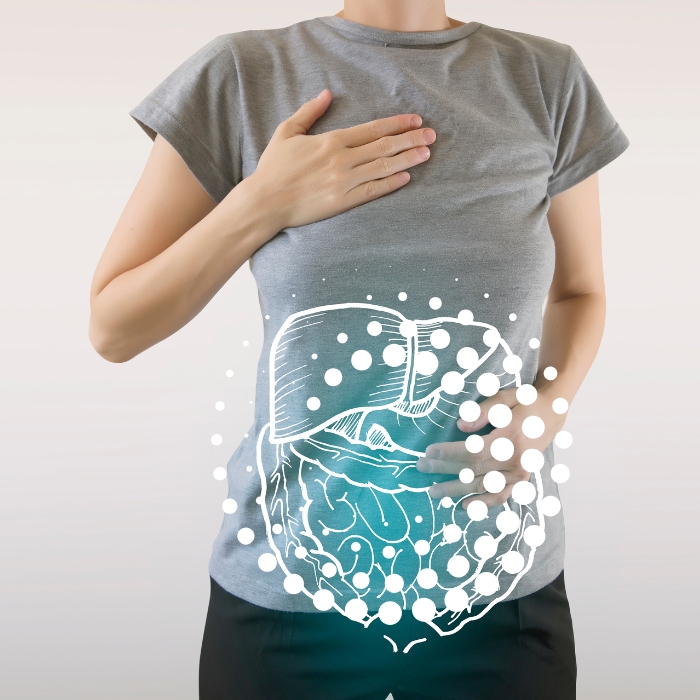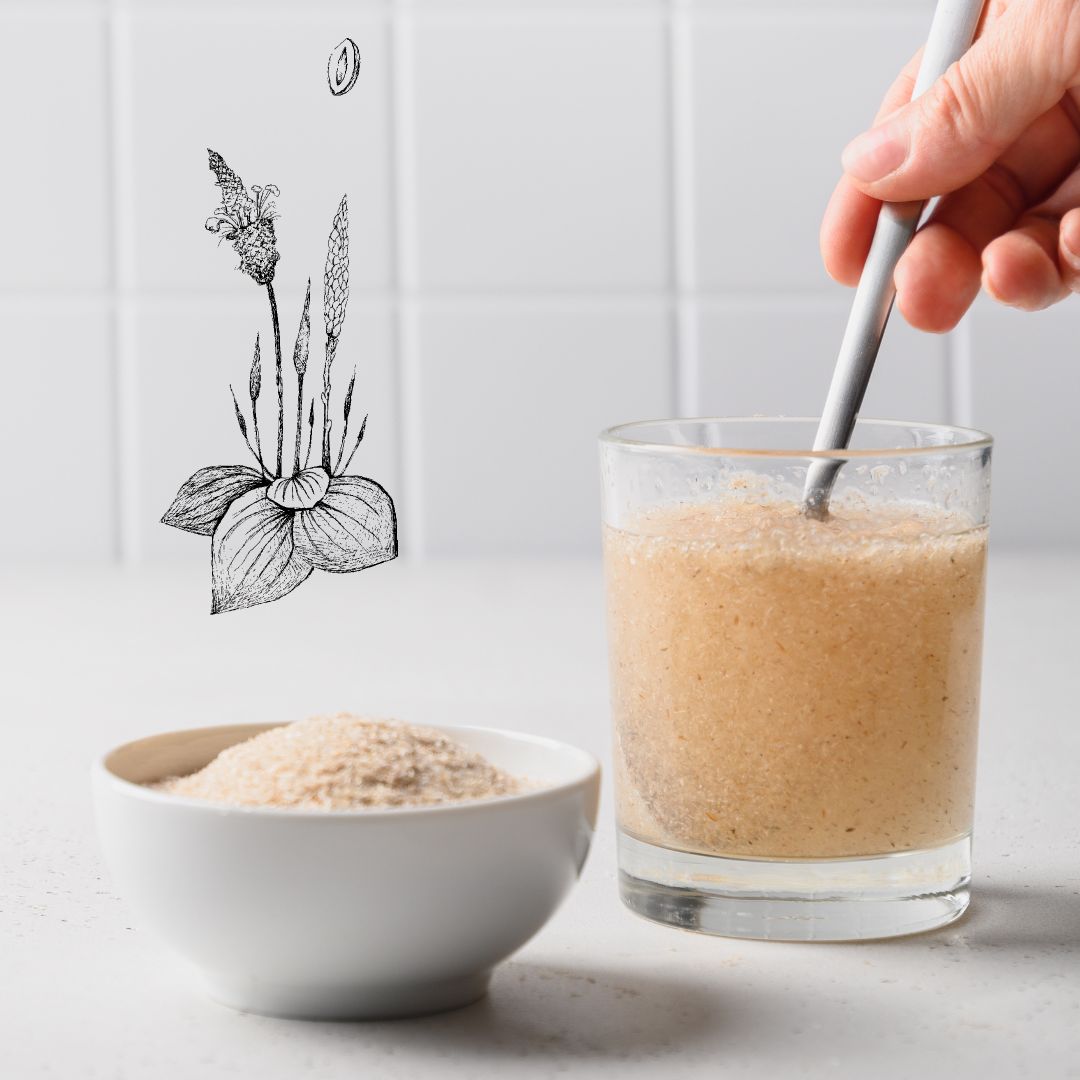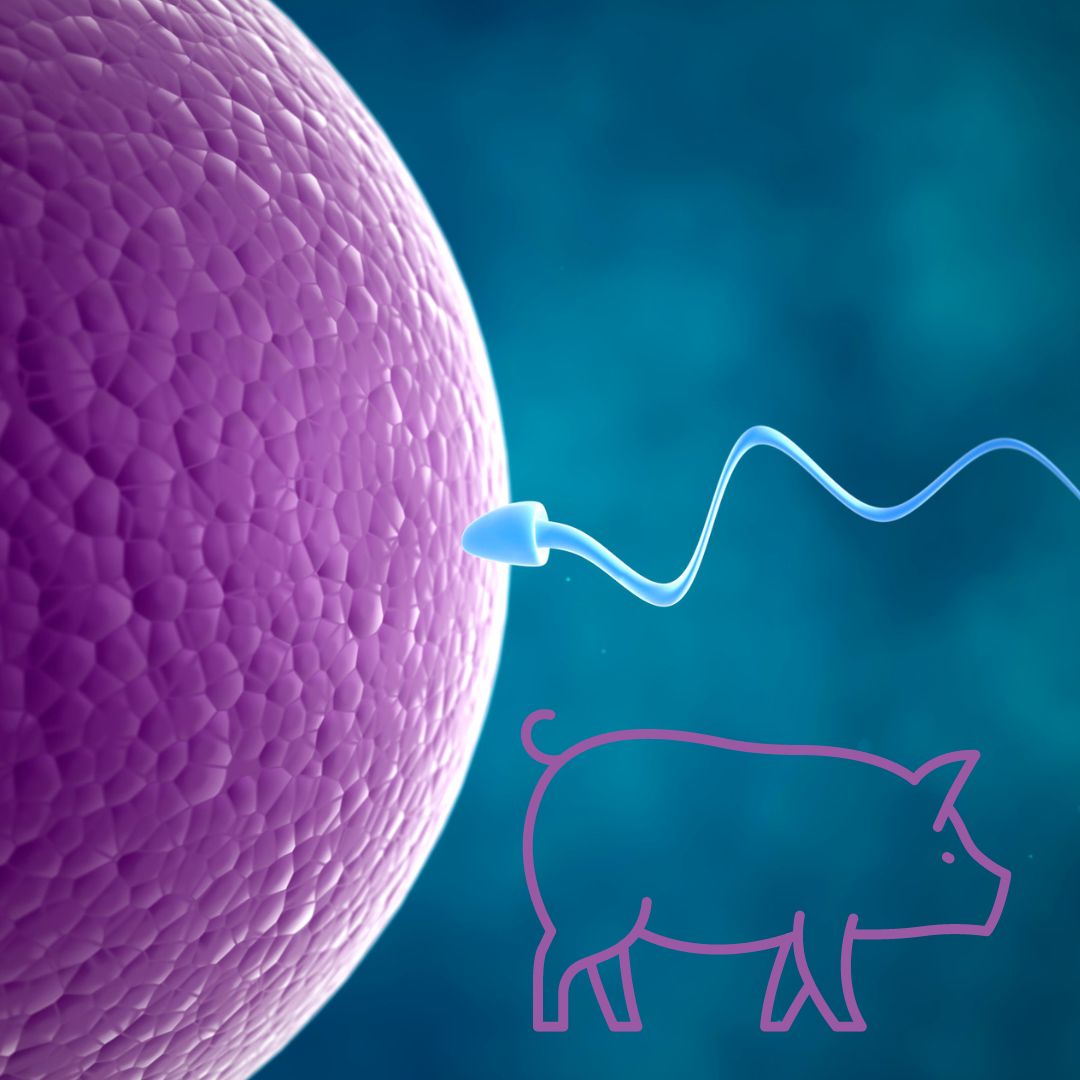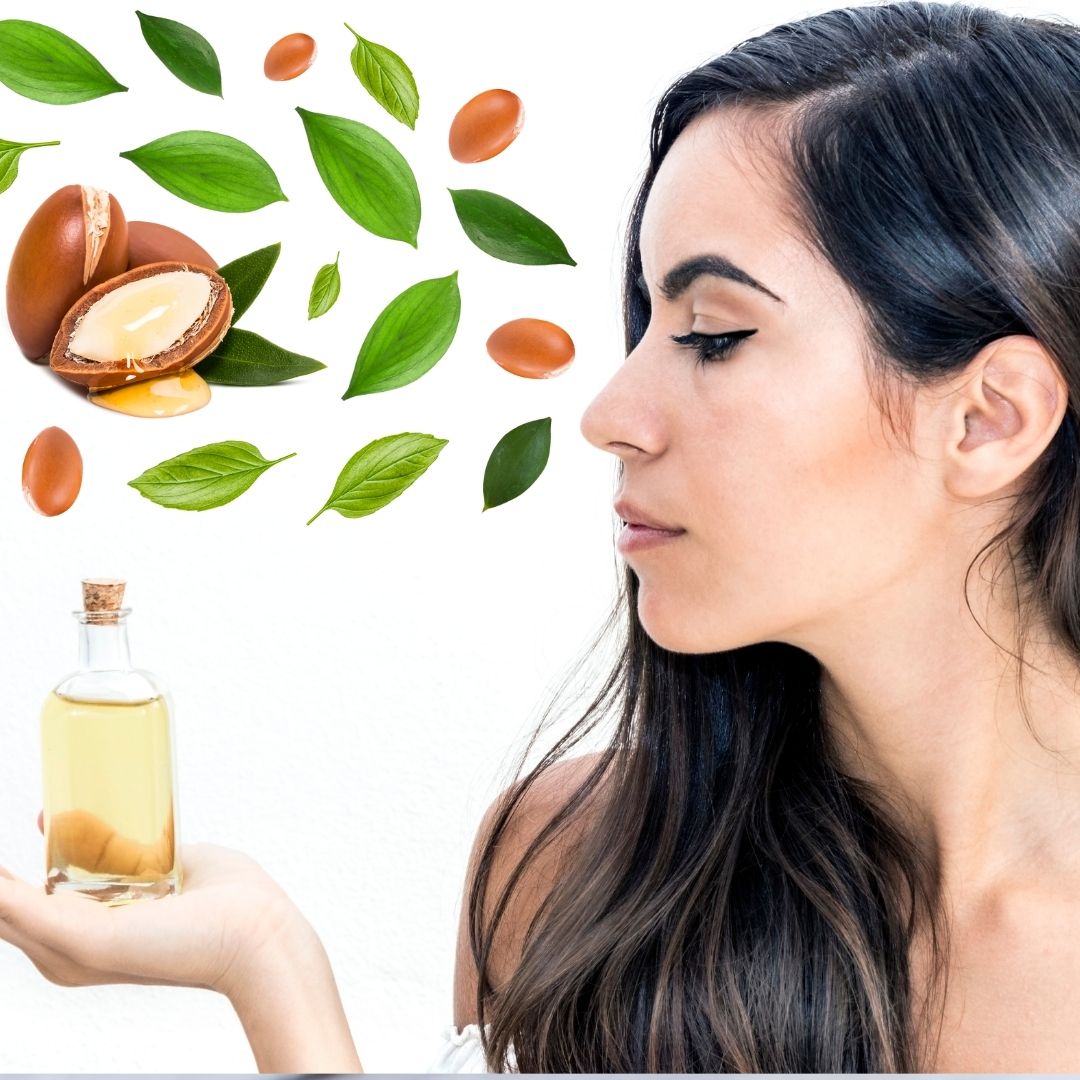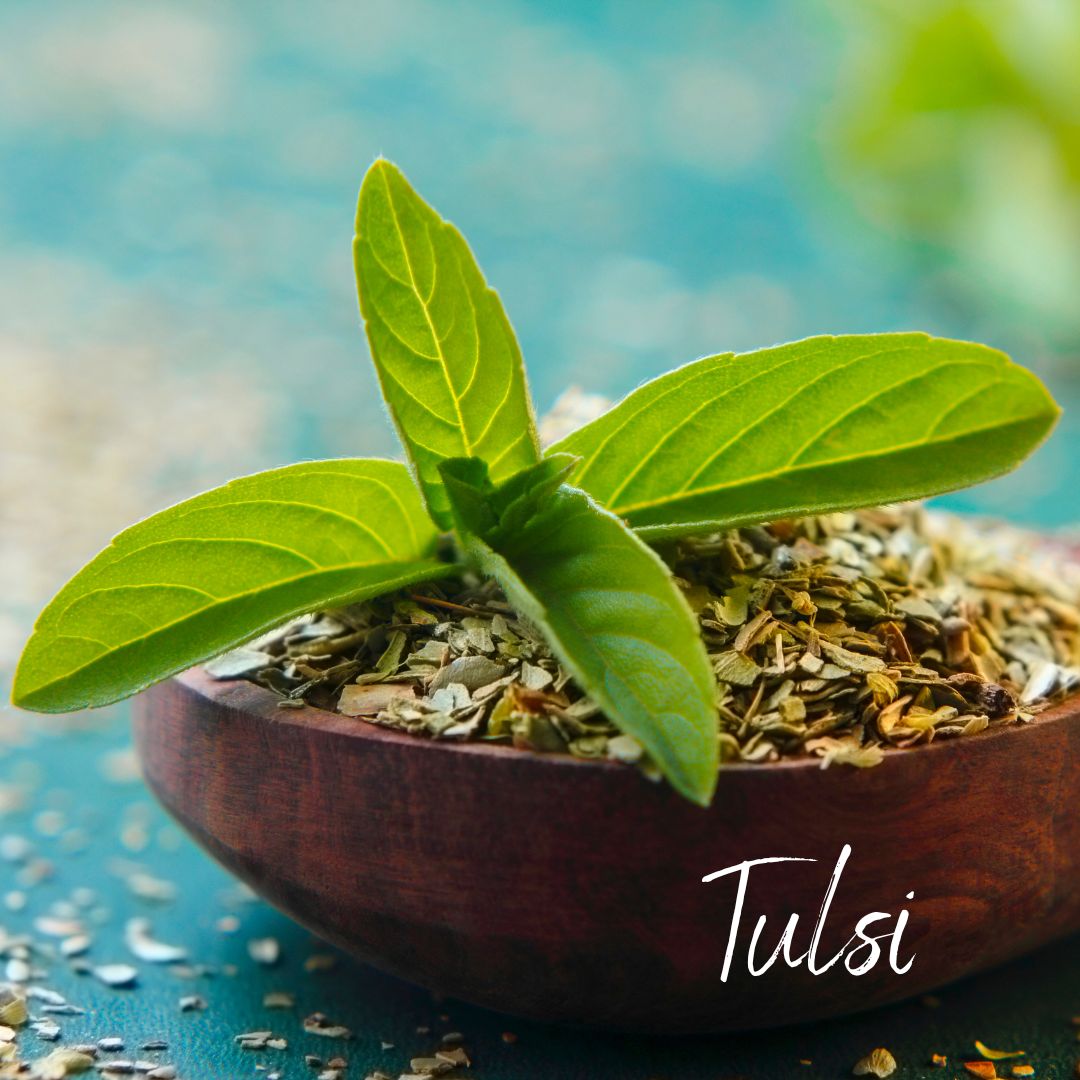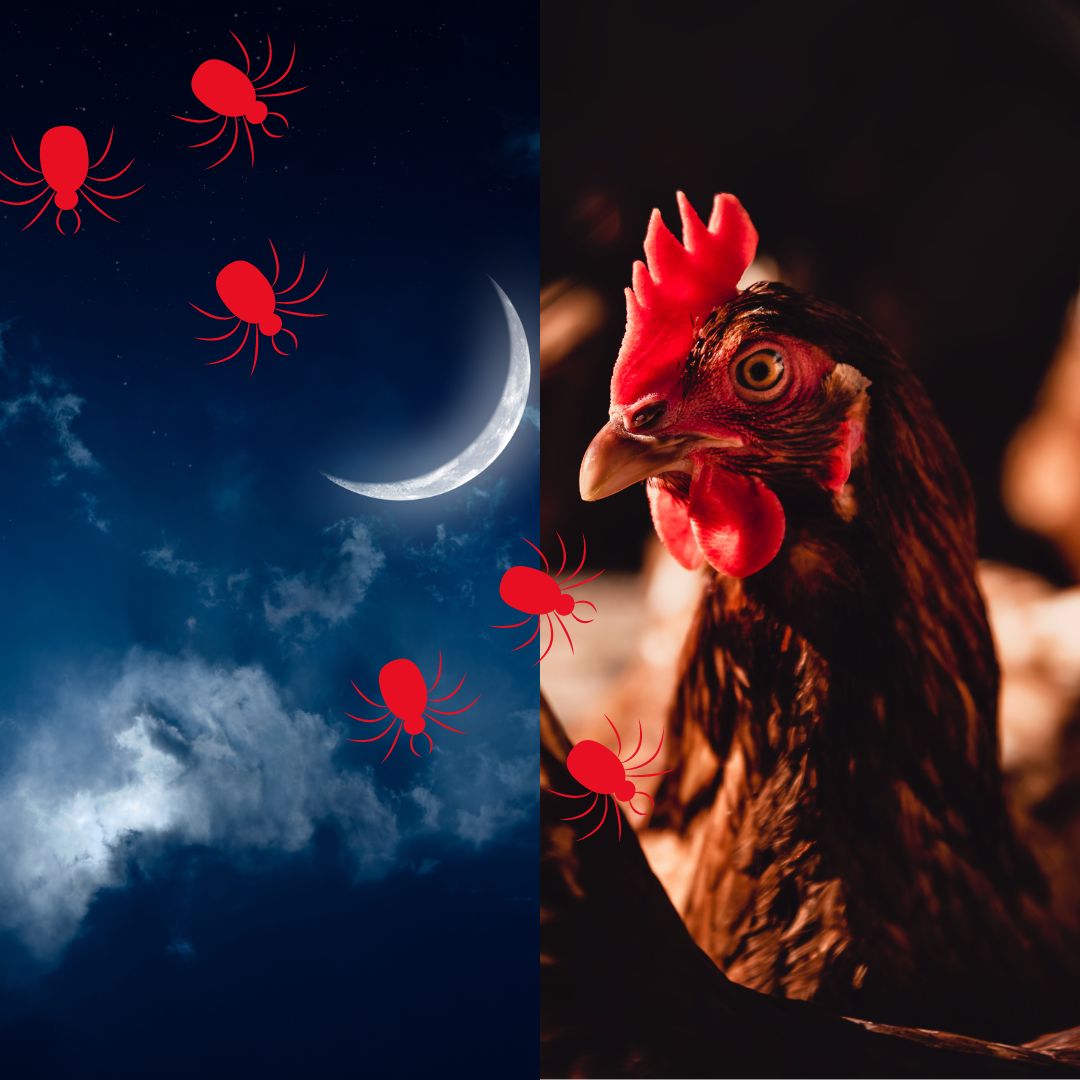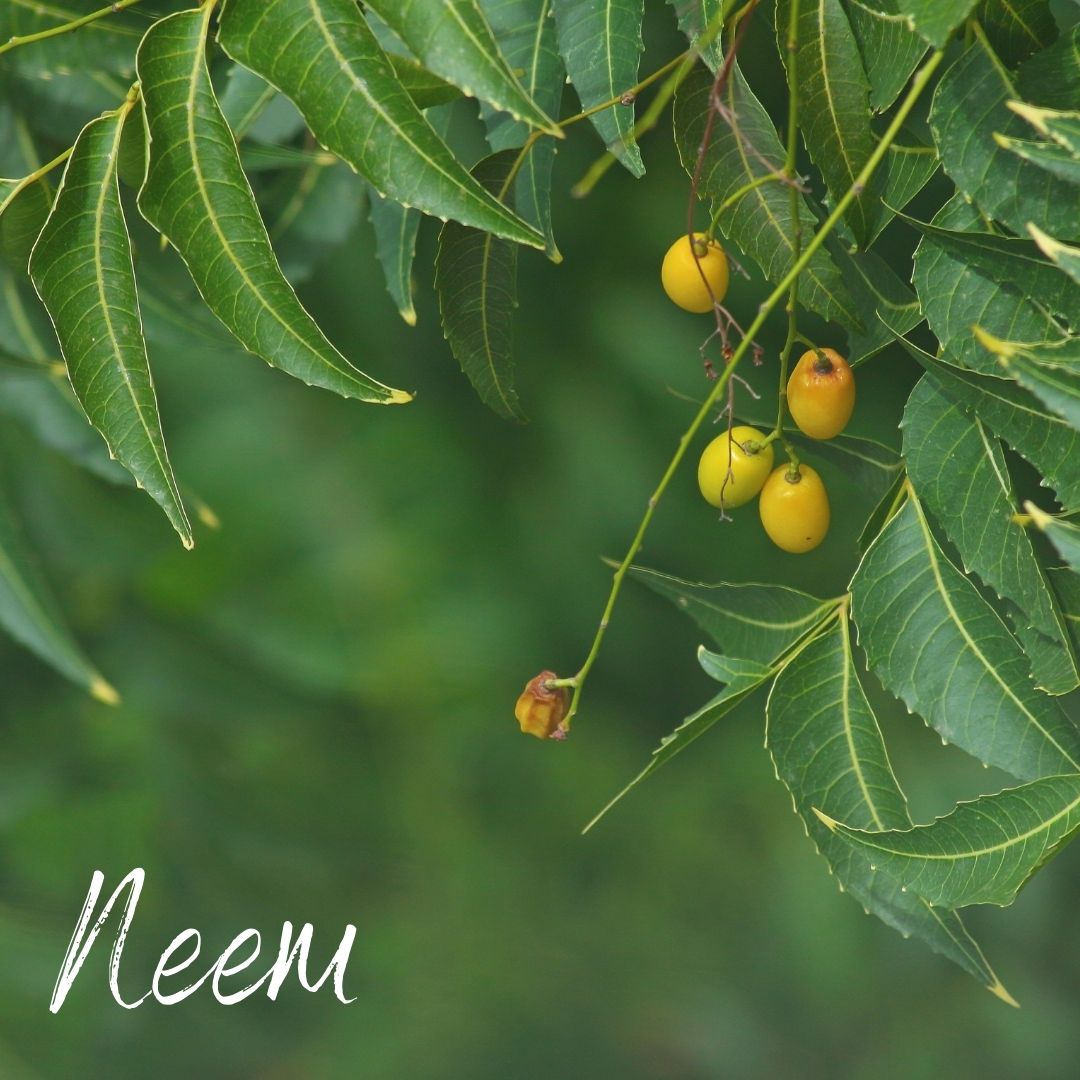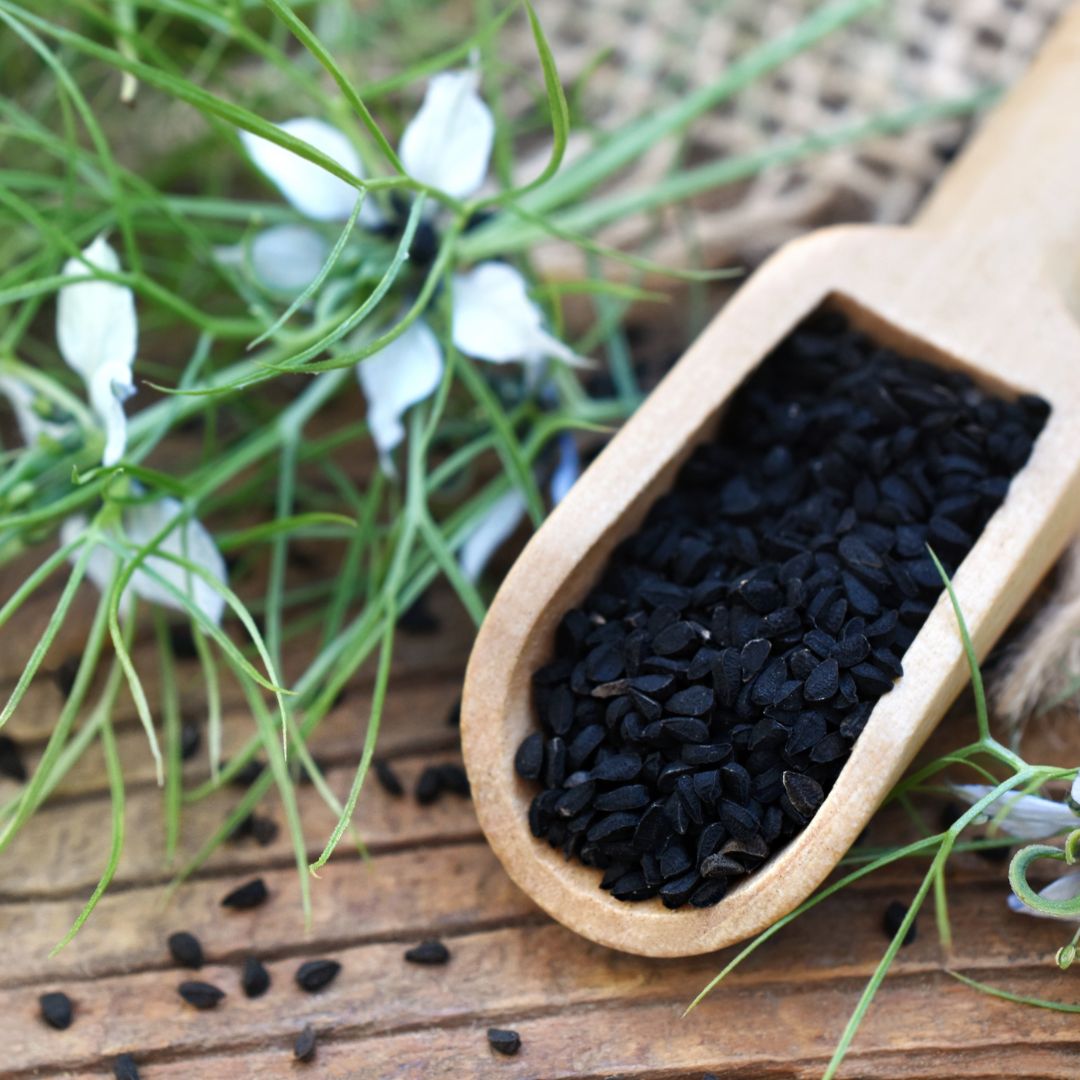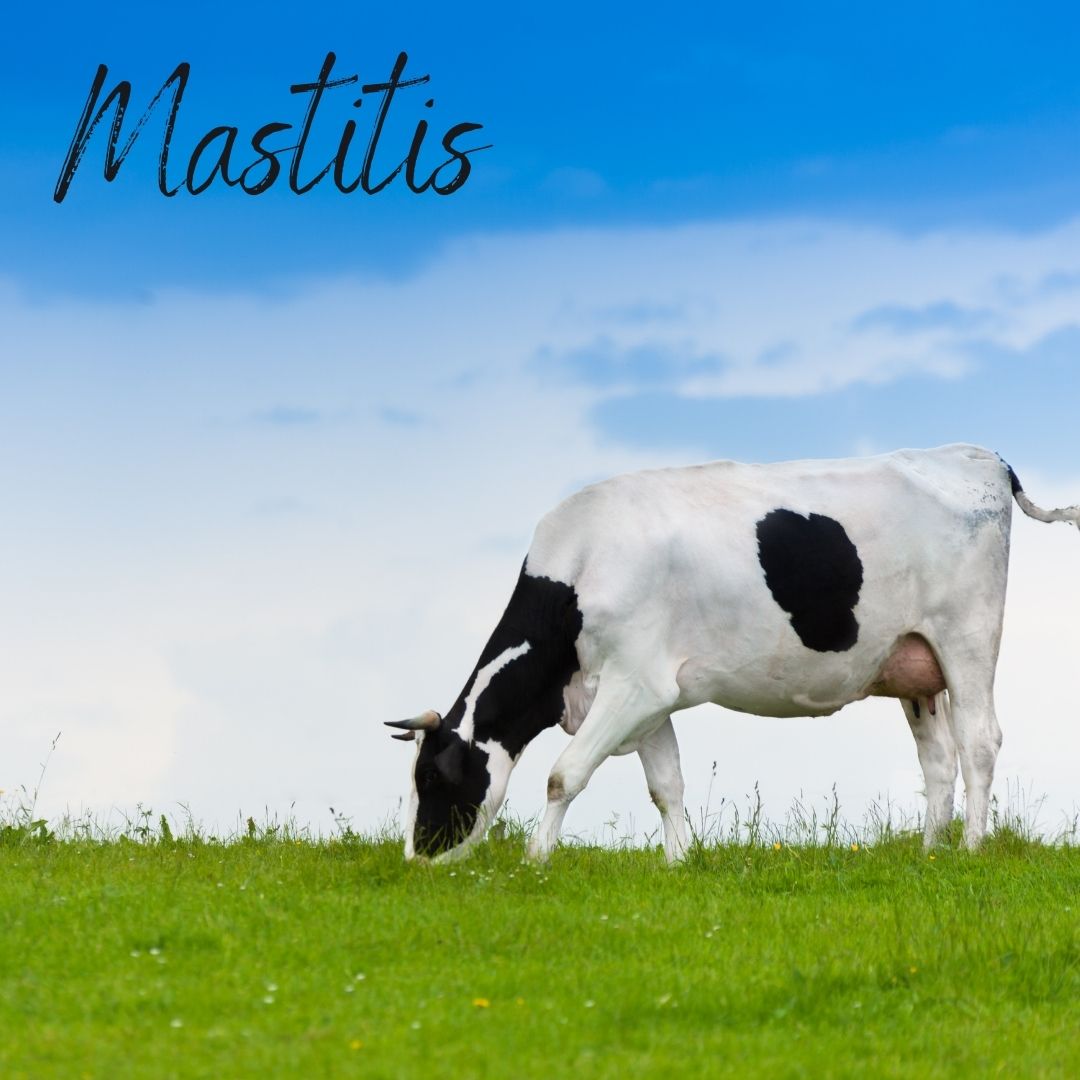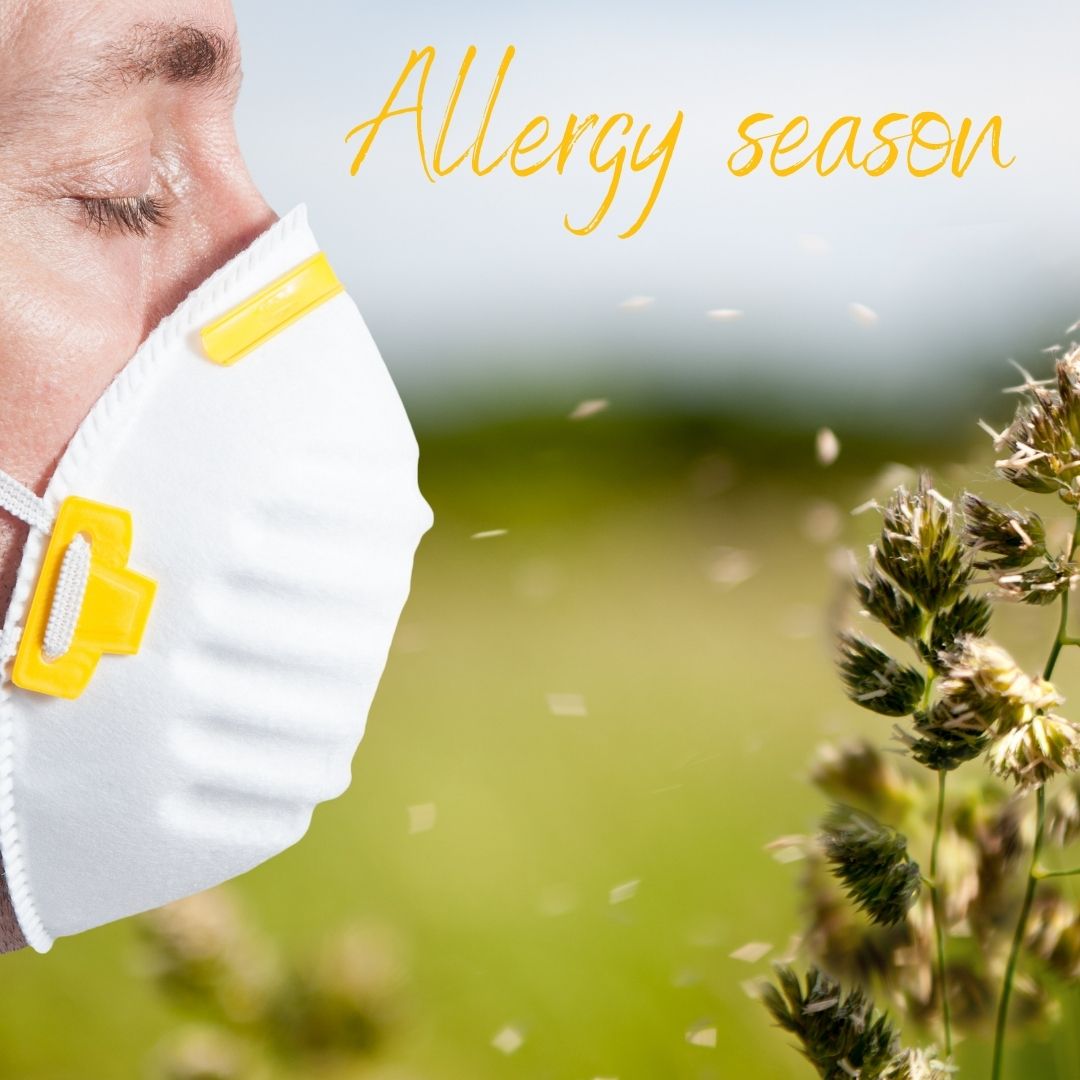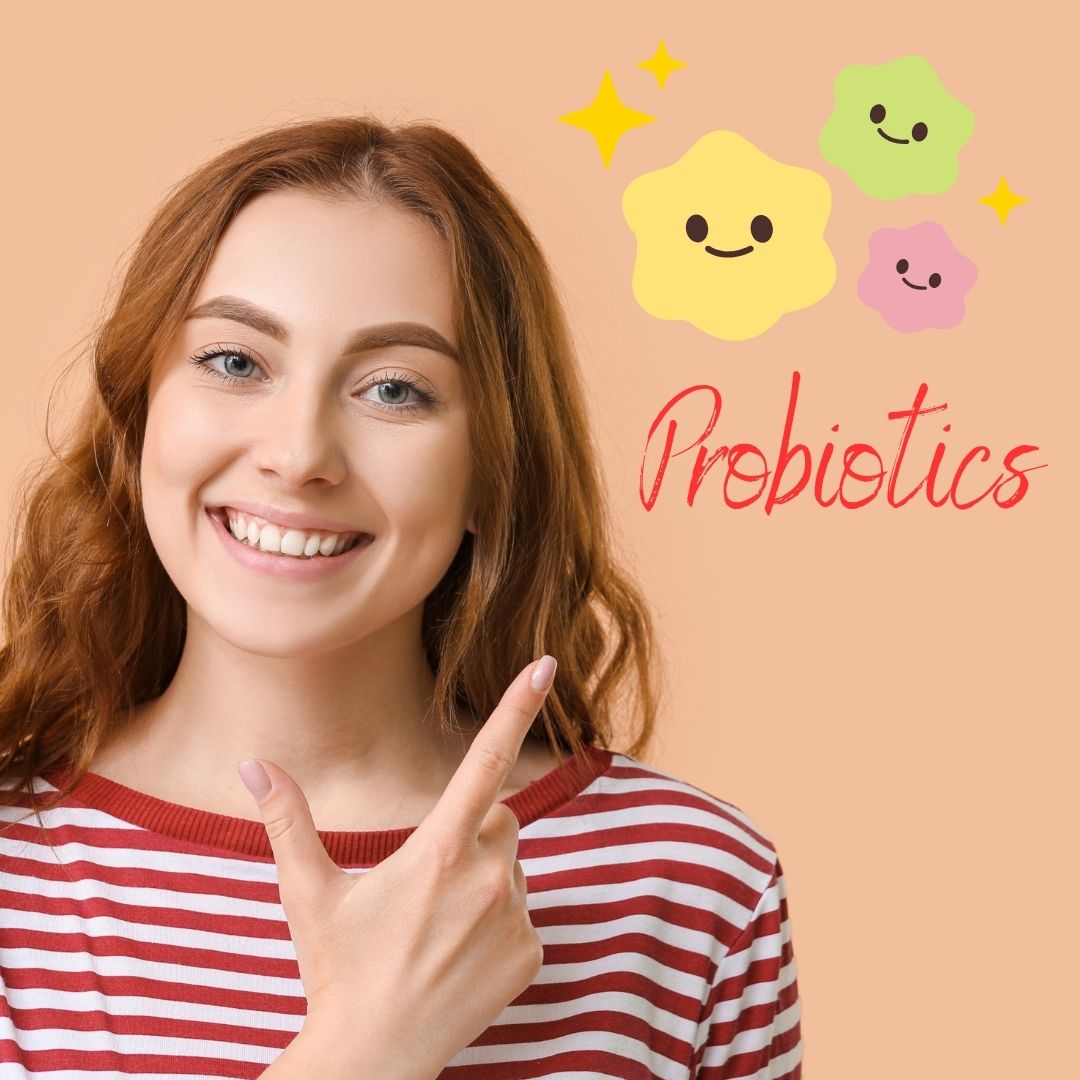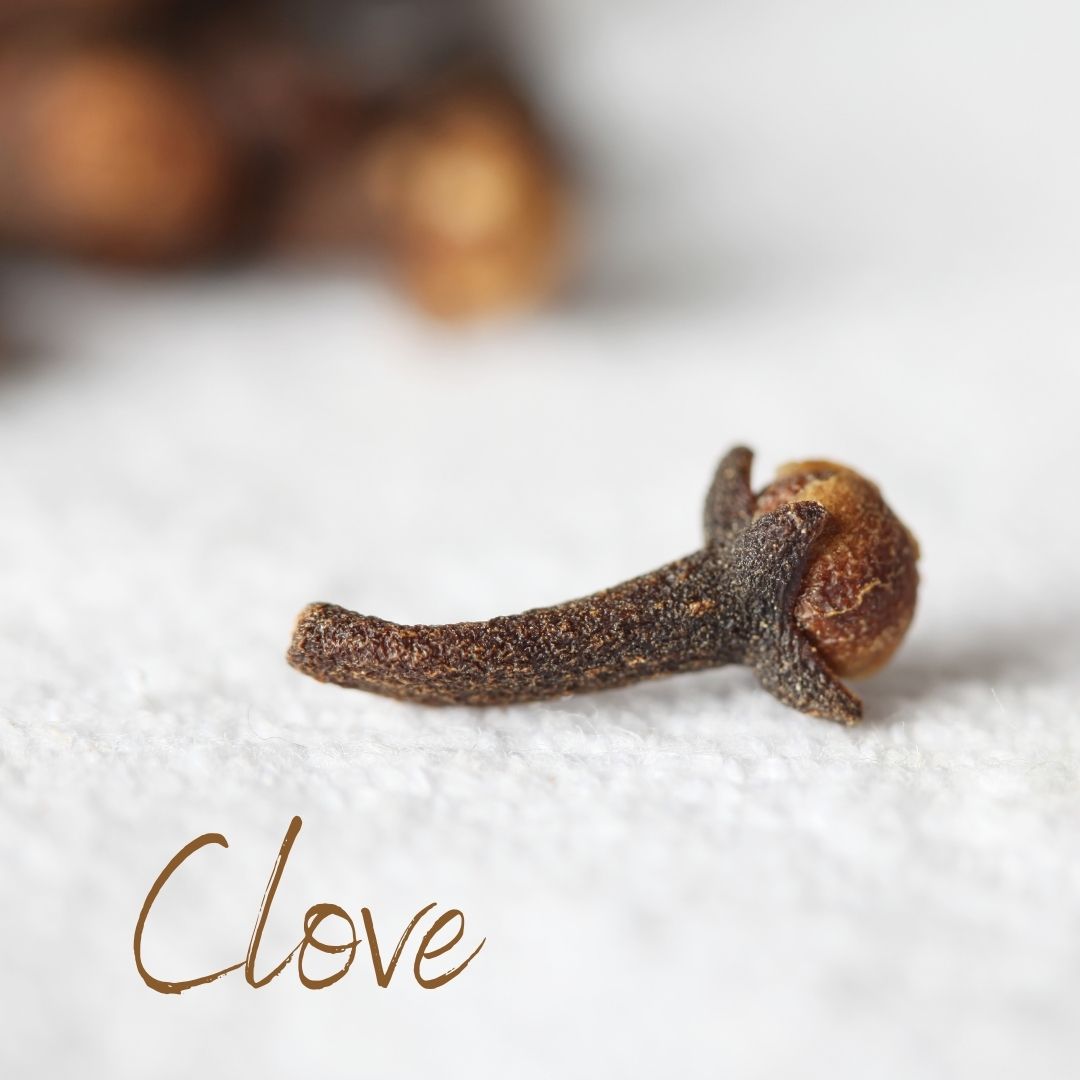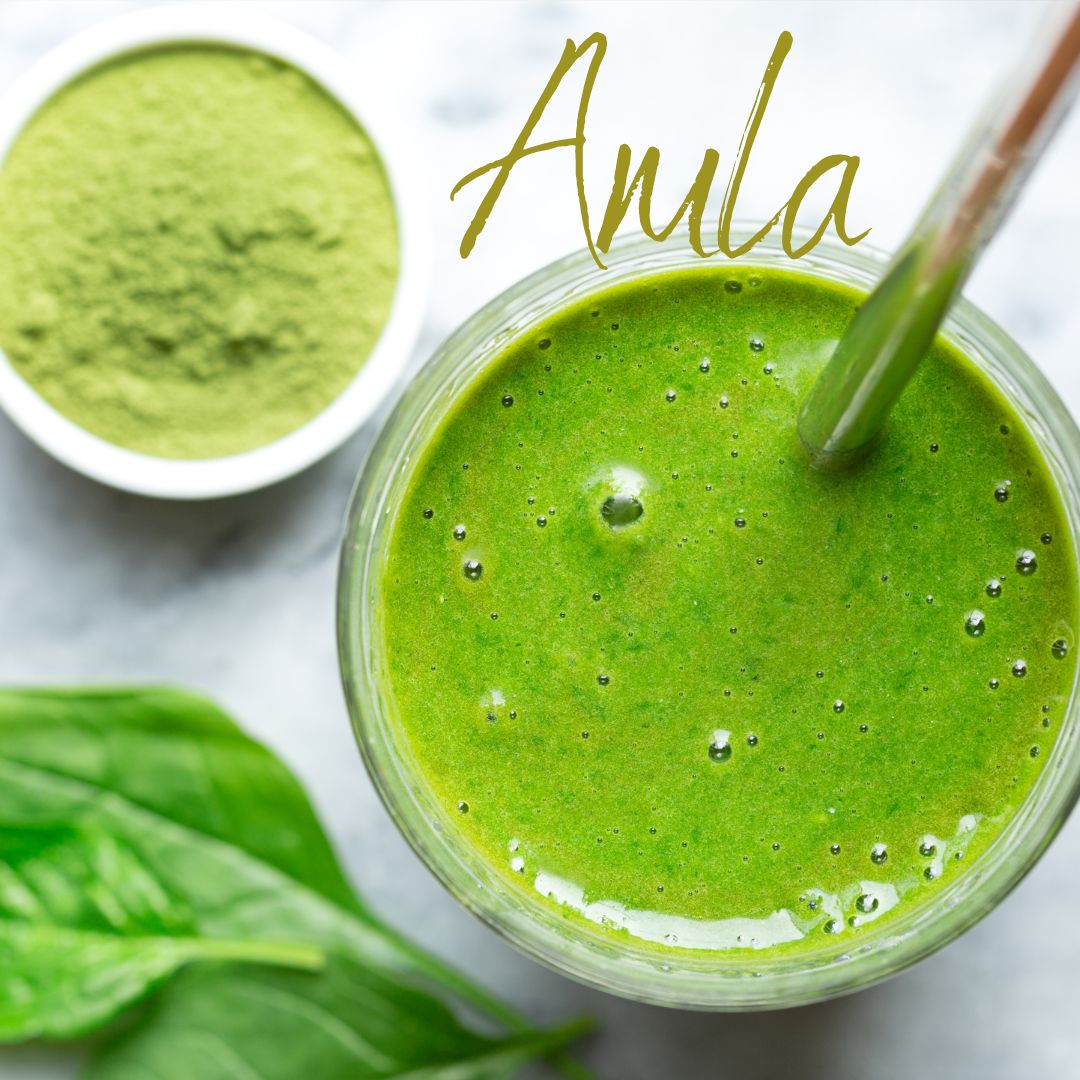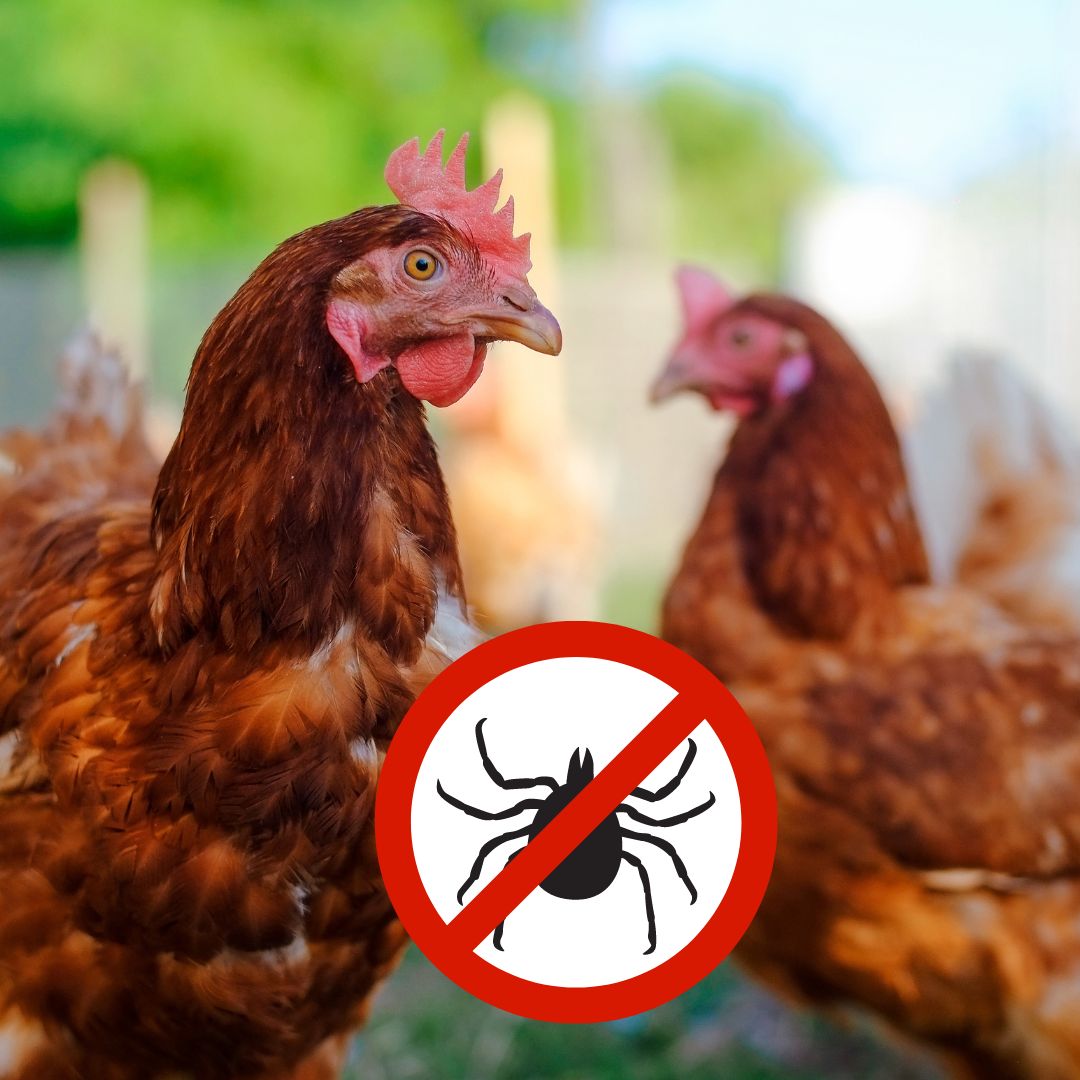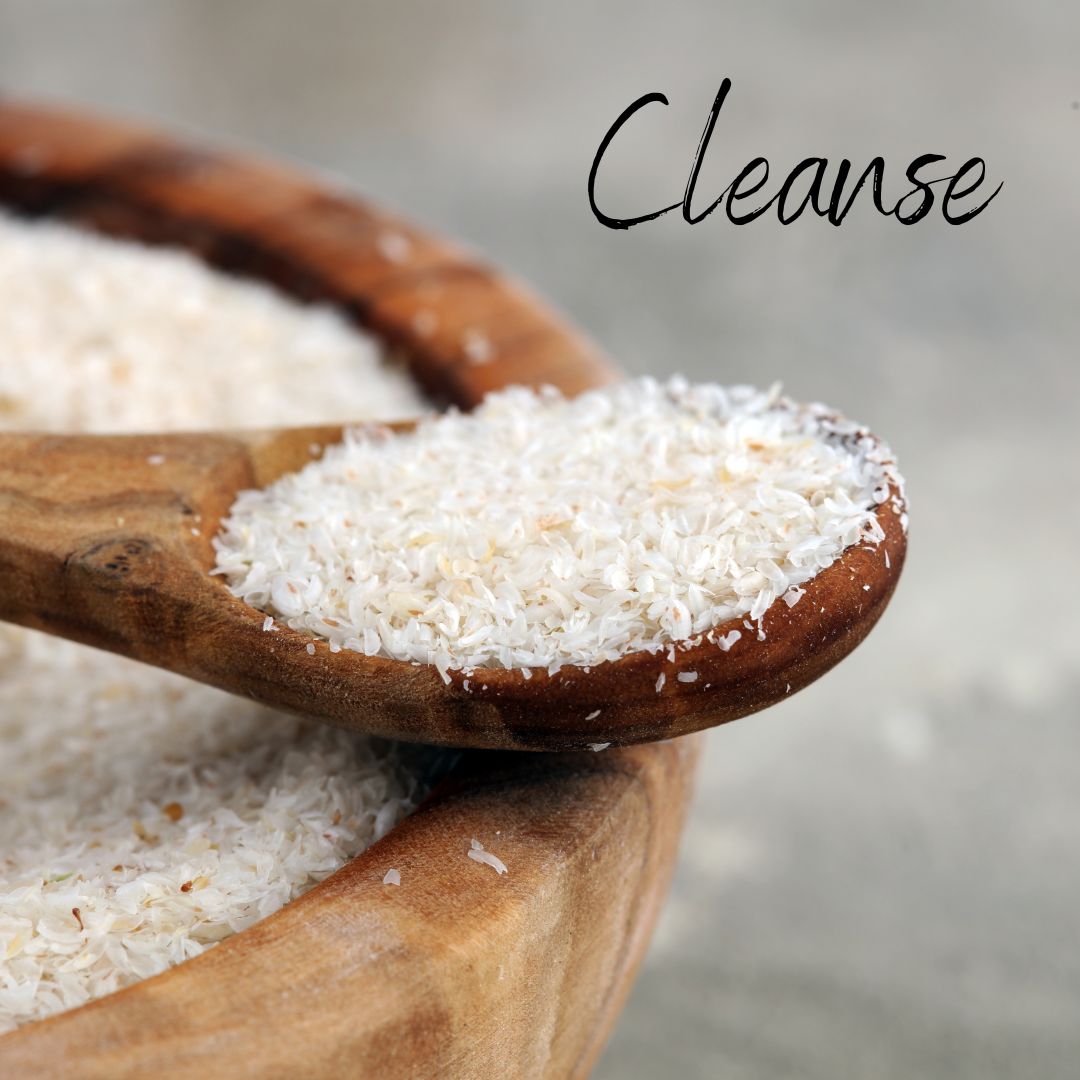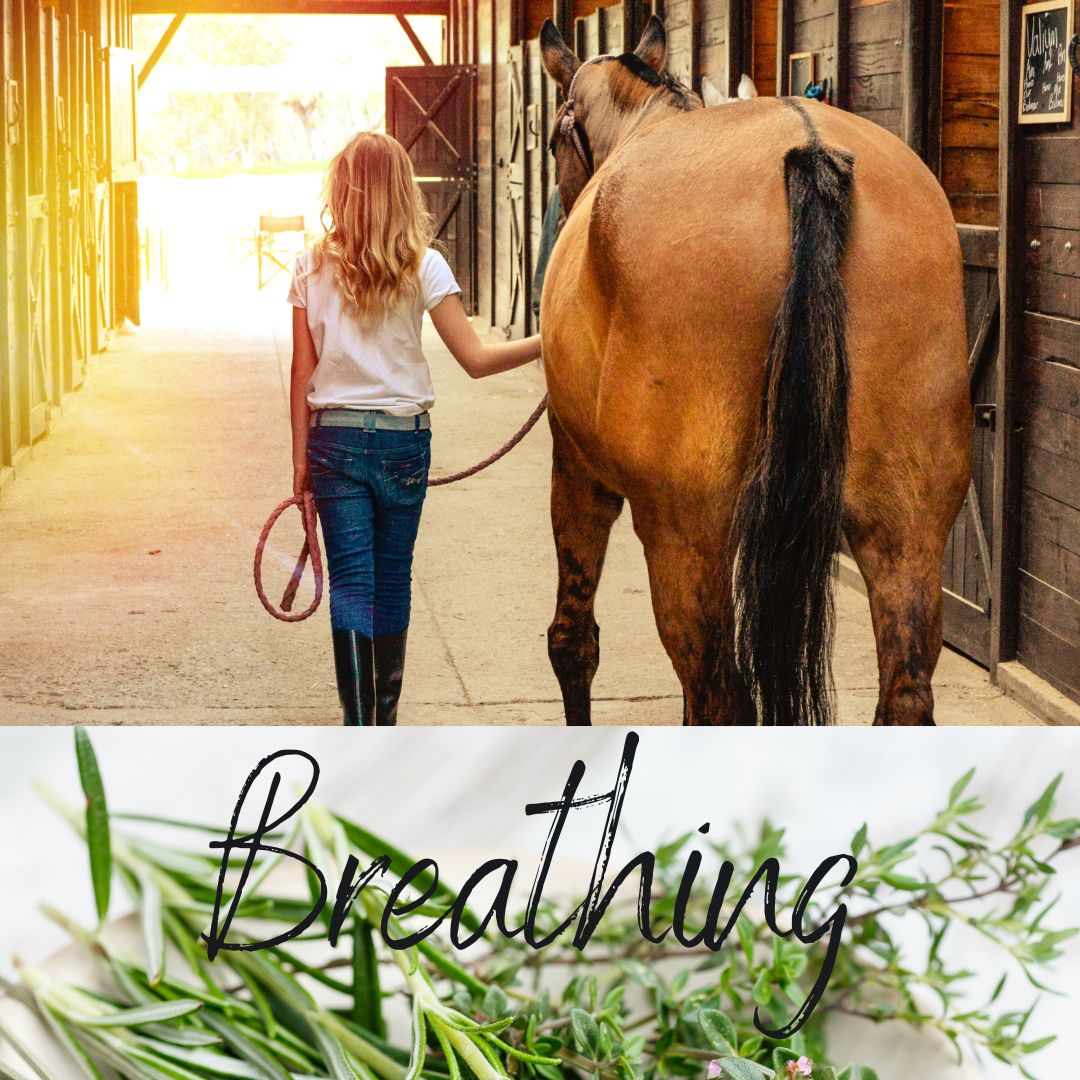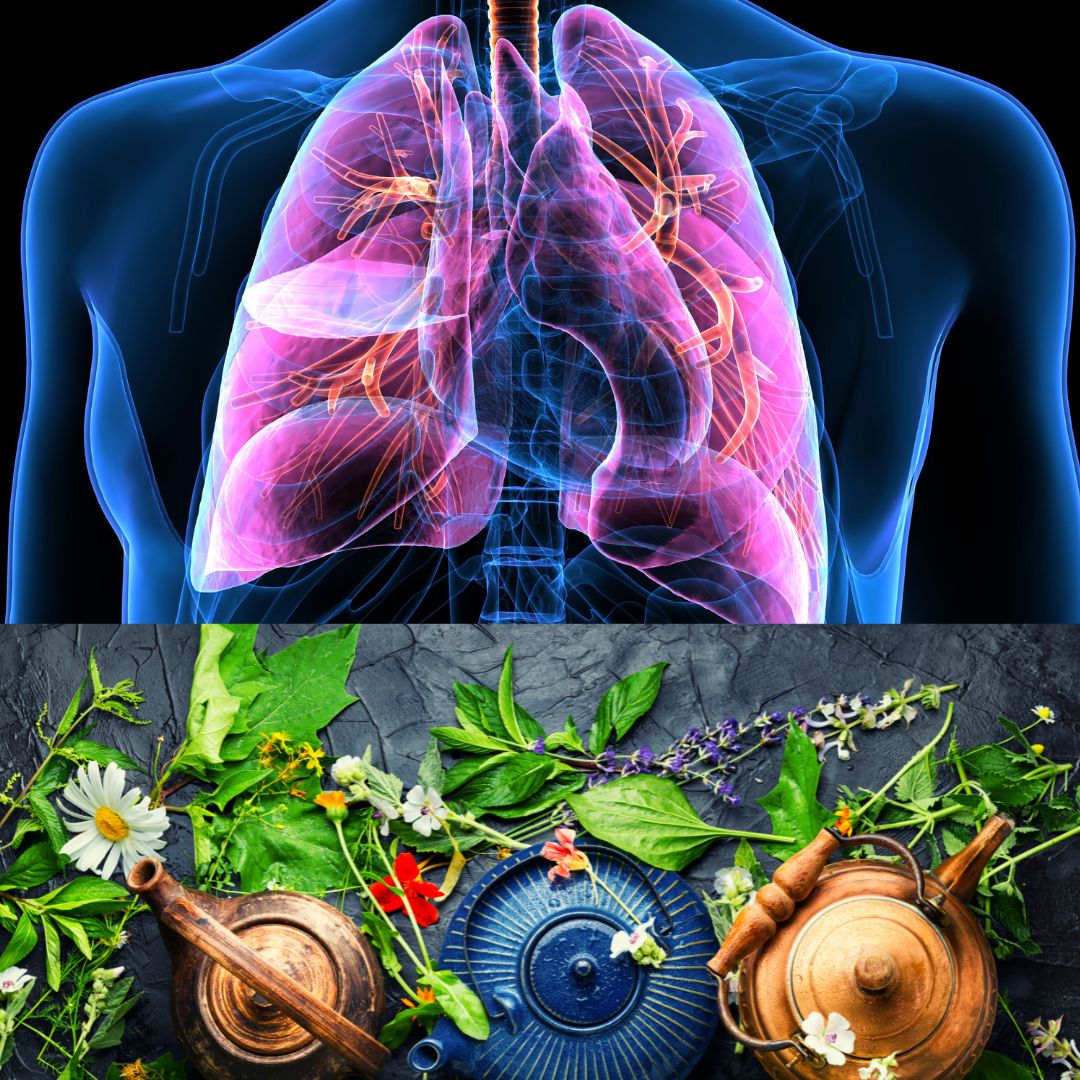Blog
The use of antihistamines has long been a common treatment for allergy symptoms. However, due to their chemical composition, more and more people are turning to alternative herbal solutions.
Tulsi, also known as holy basil, is an ancient Ayurvedic herb that has been used successfully for centuries to treat allergy symptoms.
But can Tulsi replace chemically formulated antihistamines?
Have you been suffering from the symptoms of allergies for years and thought it would never end?
Contrary to popular belief, allergies are nothing more than a reflection of our energetic state in our physical body, which can be restored or even eliminated with significant lifestyle changes and mindfulness.
Having a stunning hair is not just genetics!
Contrary to popular belief, as the title suggests, having a lush, healthy and beautiful hair is not just a matter of genetics. Although the type, style and colour of our hair is given, but the quality and texture of it later in life is more dependent on our daily hair care habits, both internally and externally.
It is now proven that our genes can be overwritten by our daily habits and awareness.
Seasonal pollen allergies are a common issue, affecting millions of people around the world each year. The symptoms—sneezing, congestion, itchy eyes, and a runny nose—can be frustrating and disruptive to daily life. For most people, these symptoms are triggered by seasonal changes, when pollen from trees, grasses, and flowers is released into the air. However, what if the cause of pollen allergies isn't just physical? Could there be a psychological or emotional aspect contributing to the immune system’s overreaction? In this article, we explore the potential mind-body connection behind pollen allergies and consider the role of stress, emotional health, and psychological factors.
In recent years, the term “superfood” has become synonymous with a healthier lifestyle. Among the many superfoods that have gained popularity, spirulina stands out for its remarkable health benefits. This blue-green algae, packed with nutrients, has been praised for its ability to detoxify the body, reduce inflammation, and provide relief from seasonal allergies. But what exactly is spirulina, and how does it offer these benefits?
Sleep is a fundamental pillar of health, yet modern lifestyles and poor eating habits often lead to disrupted sleep patterns. The consequences of insufficient sleep are far-reaching, affecting not only our energy levels but also our overall wellbeing. Ayurveda, the ancient Indian system of holistic medicine, offers valuable insights into the causes of sleep disorders and practical guidance on how to establish a healthy bedtime routine. So instead of counting sheep, here are some potentially life-changing tips to help you enjoy peaceful nights and happy, energised mornings!
Dietary fibres play an essential role in maintaining digestive health and our overall well-being. Among the different sources of fibre, Psyllium husk stands out as a potent natural supplement, renowned for its effectiveness in supporting digestive functions, managing cholesterol, and controlling blood sugar levels. But how does Psyllium husk differ from other types of dietary fibres we commonly get from our food, and what other food sources contain similar fibres? In this article, we'll dive into the nature of Psyllium husk, compare it to other fibres, and explore the food sources that offer comparable benefits!
Did it ever cross your mind that your stomach can be divided into specific areas, each with distinct properties that influence your digestion in different ways? Ayurveda, the ancient system of medicine originating in India, takes a holistic approach to health, starting with digestion. The stomach (or amashaya in Sanskrit) plays a crucial role in this process. Understanding Ayurveda’s unique perspective on how each region of the stomach functions, and why overeating should be avoided, can offer valuable insights for optimizing not just our digestive health, but our overall wellbeing, and is an easy way to avoid obesity!
Unlike conventional mouthwashes, which often rely on harsh chemicals to kill bacteria, the Ayurvedic method of mouth rinsing takes a natural and holistic approach to oral hygiene. Known as kavala, gandusha or oil pulling in Ayurveda, this ancient practice involves swishing aromatic herb infused oils in the mouth to draw out toxins, support oral health, and enhance our overall well-being. By nourishing the tissues and balancing the body’s natural energies, this gentle method offers a unique alternative for those seeking a chemical-free and soothing way to care for their oral health. In this guide, we’ll explore the benefits of Ayurvedic mouth rinsing, provide step-by-step instructions, and introduce the herbs and oils commonly used in these preparations.
Ayurveda, the ancient Indian system of medicine, emphasizes the importance of living in harmony with one’s unique body constitution, or prakriti. Living according to our body types can have a profound impact on health, happiness, and longevity. However, in family settings, individuals of varying doshas may experience challenges that can complicate daily routines. Let’s explore the significance of eating and living according to our Ayurvedic body types, the potential challenges families with diverse doshas may face when it comes to the planning of meals for example, and strategies to overcome them, to promote harmony, well-being, and balance within the household while honouring each individual's unique needs and preferences!
The ancient Indian Ayurvedic tradition offers numerous techniques and tools to maintain physical and mental balance. Among the six yogic cleansing practices (shat kriyas), the jala neti—the use of a neti pot for nasal irrigation—stands out as an effective method for cleansing the nasal passages. This technique is simple enough for children to learn and safe for adults to use with proper guidance and practice. Today, the neti pot is globally recognized as a straightforward yet powerful tool to support respiratory health, especially for individuals living in polluted urban environments, those suffering from allergies, or anyone prone to upper respiratory issues.
Learn more about the benefits and usage of the neti pot and give your sinuses and airways a natural, effective boost!
Do you often feel heartburn, bloating, or indigestion and wonder what’s causing it? The tricky part is, these symptoms can result from both low stomach acid (hypochlorhydria) and high stomach acid (hyperchlorhydria)—two opposite conditions that can feel remarkably similar! This confusion can lead to misdiagnosis and ineffective treatment, leaving many people affected stuck in discomfort. So how do you break the cycle and find the real culprit? Understanding the subtle differences is the key to finding relief and taking charge of your digestive health. Read on to uncover how to tell them apart and take control of your digestion!
The human digestive system relies on gastric juices to process and absorb nutrients from food, maintain a balanced gut environment, and eliminate waste effectively. Gastric juices include a combination of enzymes, hydrochloric acid, and mucus, each serving a unique purpose in the digestive process. Insufficient production of these juices can lead to poor nutrient absorption, digestive discomfort, and long-term health challenges. In this article, we will explore the importance of gastric juices, their types, functions, causes of deficiency, symptoms of low production, and possible remedies, including the time-tested methods of the ancient medical system, Ayurveda.
Excess gastric acid can create a cascade of digestive problems, from mild discomfort to serious, long-term health issues like acid reflux, bloating, and even stomach ulcers. Gastric acid, or stomach acid, is essential for breaking down food and absorbing nutrients. However, when produced in excess, it can harm the digestive system, and thus, our overall well-being. Ayurveda, an ancient system of medicine, has long recognized the importance of balanced digestion, especially in people with the so-called Pitta constitution. This article explores the causes and symptoms of excess gastric acid production, the Ayurvedic perspective, and practical solutions to manage excessive gastric acid production.
Red rose water, a fragrant and soothing distillate derived from the petals of red roses, has been cherished for centuries across various cultures for its diverse therapeutic, cosmetic, and culinary applications. From the royal palaces of ancient Persia to Ayurvedic medicine in India (where it was used for its calming, cooling and pitta dosha regulating effects) and modern-day wellness treatments, red rose water continues to enchant and soothe our senses with its incomparable fragrance and pampering properties. Its versatility is unrivalled as it benefits the skin, promotes relaxation and can be consumed internally. Read about the wide range of uses for rose water in our article below!
Tulsi, also known as Holy Basil (Ocimum sanctum), is a revered medicinal herb in Ayurveda, with a history dating back thousands of years. In India, it is often referred to as the "Queen of Herbs" due to its wide range of therapeutic properties. One of its most significant benefits is its positive impact on the respiratory system, particularly the lungs. As the colder months of autumn and winter bring increased susceptibility to respiratory infections, Tulsi’s role in supporting lung health and boosting immunity gets even more in focus. In this article, we will explore how Tulsi supports lung health, enhances respiratory functions, and addresses various respiratory conditions.
As the leaves turn golden and the crisp breeze sets in, the arrival of autumn marks a season of transition, not just in nature but within ourselves as well. In Ayurveda, autumn is considered the Vata season, a time when the dry, light, and cool qualities of Vata dosha (dominated by the elements of air and ether) are at their peak. For individuals with a predominant Vata constitution, this seasonal shift can lead to an imbalance, manifesting as heightened anxiety, stress, dry skin, digestive issues, and erratic sleep patterns.
Ayurveda teaches us that we can manage and pacify the influence of Vata during the autumn season by embracing grounding, warming, and nourishing practices. This blog post explores how you can manage your Vata dosha in autumn by adjusting your diet, lifestyle, and routines to align with the rhythms of nature.
Psyllium husk, derived from the seeds of the Plantago ovata plant, is a powerful soluble fibre widely used for digestive health, cholesterol reduction, and weight management. To fully harness its benefits, it’s important to understand how to consume it properly. This step-by-step guide will help you incorporate Psyllium husk into your diet safely and effectively. Follow along and learn how to reap the benefits of Psyllium husk through proper consumption!
Psyllium husk, which comes from the seeds of the Plantago ovata plant, is getting a lot of attention from doctors and nutritionists because of its many health benefits. One of the most important ways Psyllium husk can help us stay healthy is by improving cardiovascular health, especially by lowering cholesterol, controlling blood pressure, and helping prevent certain heart diseases. Let’s explore how psyllium husk supports the heart, backed by scientific research, and understand how this plant plays a role in keeping your heart healthy!
Stress is an inevitable part of life, and while it is a natural response to certain situations, prolonged or intense stress can have detrimental effects on both our mental and physical health. Stress, in simple terms, is our body's reaction to perceived threats or challenges. Whether it’s a looming work deadline, financial instability, or a personal crisis, stress is a universal experience that can either motivate or overwhelm us. In this article we delve into the common causes of stress, its impact on our body (both in acute and chronic states) the potential illnesses or symptoms it can trigger, and strategies for coping!
Hair fall is a widespread issue affecting both men and women globally. While it’s normal to lose some hair daily, excessive shedding can be distressing and may have a significant impact on one's self-esteem. Hair loss can result from numerous factors, including genetics, hormonal changes, lifestyle habits, and environmental factors. By understanding these underlying causes and taking proactive steps, it's possible to reduce hair loss and promote healthier growth. In this article, we’ll explore the most common causes of hair fall and how to address them, with an emphasis on natural and holistic solutions.
Hair care has always been a vital aspect of beauty and wellness, with countless products claiming to promote hair growth and regeneration. However, few natural remedies have stood the test of time as effectively as Amla oil. Extracted from the Indian gooseberry (Phyllanthus emblica), Amla oil has been used in Ayurvedic health- and beauty-care for centuries to promote hair health. This potent oil is renowned for its ability to strengthen hair, reduce hair fall, and encourage new growth, making it an essential ingredient in many modern hair care formulations. Read on, to learn more about the power of Amla in hair regeneration!
Have you ever woken up with that all-too-familiar scratchy, uncomfortable sensation in your throat, making every swallow feel like a chore? A sore throat is a common ailment that can bring about a lot of discomfort and irritation, often turning simple actions like swallowing into painful tasks. While sore throats are especially common during the colder months, they can strike at any time of year due to a variety of causes. Understanding these causes and discovering natural remedies, such as herbal lozenges can offer effective relief that stubborn soreness, and help you get back to feeling like yourself again!
Ayurveda, the ancient holistic system of medicine, teaches that each person has a unique body constitution, known as Prakriti. This concept is based on the balance of three fundamental energies or doshas: Vata, Pitta, and Kapha. Each dosha influences various physical, mental, and emotional characteristics. By understanding your dominant dosha, you can make informed choices about your lifestyle, diet, and wellness practices, helping you maintain balance and prevent disease.
In this article, we will focus on Kapha Prakriti, the dosha associated with the elements of earth and water. Those with a Kapha-dominant constitution are known for their stability, strength, and calm demeanour, but they should be aware of their tendencies toward imbalance, which can lead to weight gain, sluggish digestion, and lethargy. We will explore the physical and mental characteristics of Kapha types and offer practical lifestyle suggestions to help them maintain equilibrium.
Ayurveda, the ancient system of holistic medicine, teaches that every individual is born with a unique constitution, known as Prakriti, which influences their physical, mental, and emotional traits. This Prakriti is governed by three doshas—Vata, Pitta, and Kapha—each a combination of the five elements: earth, water, fire, air, and ether. The balance of these doshas within an individual affects their health and well-being. Understanding your dominant dosha can guide you in making informed lifestyle, dietary, and wellness choices that align with your natural constitution, helping you maintain balance and prevent disease.
In this article, we will explore Pitta Prakriti, the dosha associated with the elements of fire and water. Individuals with a Pitta-dominant constitution are known for their strong metabolism, sharp intellect, and dynamic energy. However, they must be mindful of their tendencies toward imbalances, which can manifest as irritability, inflammation, and digestive issues. We will delve into the physical and mental characteristics of Pitta types and provide practical lifestyle suggestions to help them maintain balance and promote overall well-being.
Ayurveda, the ancient system of holistic medicine, emphasizes the uniqueness of each individual through the concept of Prakriti, or body constitution. This concept is based on the balance of three fundamental energies, known as doshas: Vata, Pitta, and Kapha, governing various physical, mental, and emotional characteristics. Understanding your dominant dosha can help you make informed decisions about your lifestyle, diet, and wellness practices, enabling you to maintain balance and prevent disease.
In this article, we will explore Vata Prakriti, the dosha associated with the elements of air and ether. Those with a Vata-dominant constitution are known for their dynamic, creative energy but must be mindful of their tendencies toward imbalance, which can lead to anxiety, irregular digestion, and fatigue. We will delve into the physical and mental characteristics of Vata types and offer practical lifestyle suggestions to help them maintain equilibrium.
Ayurveda, India’s ancient medical system offers a unique approach to understanding human physiology and psychology. Central to Ayurveda is the concept of Prakriti, or constitution, which is defined by the dominance of one or more of the three bodily energies, or doshas: Vata, Pitta, and Kapha. These doshas, derived from the five elements—earth, water, fire, air, and ether—determine an individual's physical, mental, and emotional characteristics. Each person has a unique Prakriti, which can be categorized as a single dosha type, a combination of two doshas (mixed Prakriti), or a balanced state of all three doshas (Sama Prakriti). Understanding your Prakriti can guide you in maintaining balance and promoting overall well-being.
Ayurveda, the ancient system of medicine that originated in India over 5,000 years ago, offers a holistic approach to health and well-being. Central to Ayurvedic philosophy are the concepts of the three doshas—Vata, Pitta, and Kapha—often referred to as body energies. These doshas represent different combinations of the five elements (earth, water, fire, air, and ether) and are believed to govern the physiological and psychological functions of the body and mind, according to Ayurveda.
But how do these seemingly mystical Ayurvedic concepts relate to our current understanding of bodily functions? Perhaps they aren’t as mysterious as they seem. Instead, they may offer a different lens through which to view the same processes. By exploring these energies through both traditional and modern perspectives, we can gain deeper insights into how they impact our health and well-being. Let’s delve into how these ancient principles align with contemporary knowledge and how they can enhance our understanding of the body!
The Bluetongue virus (BTV), a vector-borne viral disease primarily affecting domestic and wild ruminants, has reemerged aggressively in Europe over the past year. Despite efforts to control its spread, the virus continues to cause severe outbreaks in the livestock industry. First detected in the early 2000s, BTV has remained a persistent threat, with recent outbreaks spreading faster and with more devastating effects than ever before. In 2023, the virus resurfaced in the Netherlands and quickly spread to Germany, Belgium, France, Luxembourg, and Denmark. As we enter 2024, concerns are growing about the virus’s ability to outpace current vaccination and control efforts. To combat this, herbal feed-additives with immunomodulatory effects are being explored as a supplementary measure to enhance immunity and boost the success of vaccinations.
Commercial boars (like many other farm animals kept in large housing systems) can face various reproductive disorders that impact their fertility and overall health. Addressing these issues effectively requires a comprehensive understanding of their causes and potential remedies. Synthetic hormones may provide short-term solutions but are not suitable for long-term management as they can lead to additional health issues and further hormonal imbalances. This article delves into common reproductive disorders affecting boars, their causes, and potential sustainable, natural solutions designed to enhance their reproductive health.
Bruxism, commonly known as teeth grinding, is a condition characterized by the involuntary grinding or clenching of teeth. It can occur both during the day (awake bruxism) and at night (sleep bruxism), and it affects both children and adults. While bruxism might seem harmless at first glance, it can lead to severe dental damage, jaw disorders, and other health complications if left untreated. Understanding the underlying causes of bruxism, its effects on oral health, and potential solutions is crucial for managing this condition effectively!
Moroccan argan oil, often referred to as "liquid gold," has gained global recognition for its remarkable benefits for skin, hair, and overall health. This luxurious oil is derived from the kernels of the argan tree (Argania spinosa), a plant native to the semi-desert regions of Morocco. Rich in essential fatty acids, antioxidants, and vitamins, Moroccan argan oil is prized for its moisturizing, nourishing, and rejuvenating properties worldwide. In this article, we will explore the journey of argan oil from the resilient argan tree to its extraction and preservation, as well as its extensive health benefits.
Holy Basil, commonly known as Tulsi, is not just an ordinary plant but a powerhouse of spiritual, medicinal, and practical benefits. Revered in Hinduism and widely used in Ayurvedic medicine, Holy Basil holds a significant place in both religious and health-related contexts. Its multifaceted nature makes it a valuable addition to households and gardens alike. Let's explore some surprising facts about this remarkable herb and discover why it has been cherished for centuries!
Menopause is a natural phase in a woman’s life, typically occurring between the ages of 45 and 55, marking the end of her menstrual cycles. This period brings with it a variety of symptoms such as hot flashes, night sweats, mood swings, and fatigue. Menopausal symptoms can be difficult to manage at any time, but the added intensity of summer heat can make them particularly overwhelming. Understanding how to mitigate these effects is essential for maintaining comfort and well-being during this phase of life. Let’s dive into how summer heat impacts menopausal women and explore natural remedies, like Ayurvedic herbs, that can help alleviate these symptoms!
Heat intolerance is a condition where an individual feels excessively uncomfortable in hot environments, unable to regulate their body temperature effectively. Unlike merely suffering during a heatwave, which affects most people, heat intolerance involves an exaggerated response to heat that can interfere with the person’s daily activities and overall quality of life. For those affected, the summer months or any situation involving high temperatures can become a significant challenge. Understanding the underlying causes of heat intolerance can help distinguish it from normal reactions to high temperatures and guide appropriate interventions. Read on to uncover the complexities behind heat intolerance and learn how to cope better with the heat!
Red poultry mites (Dermanyssus gallinae) are a significant threat to poultry farming, as they cause severe irritation and stress in poultry, leading to decreased egg production, poor weight gain, and in the most severe cases, anaemia and death. Additionally, red mites can act as vectors for various diseases, further jeopardizing the health of the poultry flocks. The economic impact of red mite infestations is substantial, resulting in increased costs for treatment and prevention, as well as potential losses in productivity. Thus, understanding the lifecycle and behaviour of red poultry mites is crucial for developing effective control methods. Read on, to learn more about the latest research findings on red mites' lifecycle, behaviour, and habitat preferences, to gain insights into more effective management practices, and also natural, cost-effective, alternative methods of prevention!
The Miswak plant (Salvadora persica) has been revered for centuries for its numerous health benefits, particularly in the realm of oral hygiene. Its use dates back over 7,000 years, with historical evidence of its use in ancient India, Babylonia, Egypt, and Islamic cultures. This long history underscores the plant's effectiveness and the deep-rooted cultural practices surrounding its use. Today, Miswak is widely recognized as a key ingredient in natural toothpaste formulations and as a natural toothbrush (similar to bamboo toothbrushes), bridging ancient practices with modern oral hygiene needs. In this article, we will explore surprising facts about the Miswak plant, to highlight its historical significance, natural properties, and cultural importance!
Vitamins play a crucial role in maintaining health and promoting growth, both in humans and animals. In recent years, there has been an increasing emphasis on the benefits of natural vitamins over synthetic ones, and with good reason! Some studies have suggested that natural, plant-based vitamins may be more easily recognized and utilized by the body, thus having better bioavailability in many cases than synthetic ones. This article delves into why natural vitamins can be more beneficial and explores the significant roles of vitamins C and E in poultry management, particularly during the warm summer months.
Have you ever noticed those pesky white flakes on your shoulders or experienced an itchy scalp at the most inconvenient times? Than you are not alone! Dandruff is a common scalp condition that affects millions of people worldwide. In fact, approximately 50% of adults in Europe experience dandruff at some point in their lives. Characterized by flaking and sometimes itching, dandruff can be both a nuisance and an embarrassment. While it is not typically serious, understanding the causes of dandruff is essential for effective treatment and prevention. Here, we explore 15 primary causes of dandruff, delving into the underlying mechanisms and contributing factors, along with practical tips to manage and prevent it!
The neem tree, scientifically known as Azadirachta indica, stands as a testament to nature’s ability to provide versatile solutions to many of humanity’s needs. This fast-growing, evergreen tree native to the Indian subcontinent, has adapted to thrive in tropical and subtropical climates across the globe. Its impressive height, spreading canopy, and resilient nature make it a valuable asset in various ecosystems. Beyond its physical attributes, the neem tree is celebrated for its extensive range of beneficial properties, spanning medicinal, agricultural, environmental, and cultural uses. Read on to explore the various uses this magnificent tree offers!
The Sanskrit language (one of the oldest known languages in the world) is a treasure trove of words with deep and profound meanings. Among these words is "Vatika," or “Garden”, a term that carries rich cultural and historical significance. In this article, we will explore the origins of the word "Vatika," its various meanings, and its uses. Let’s discover the history of ancient gardens built on the basis of sacred geometry, and planted with healing plants!
The summer season brings significant challenges for poultry, as rising global temperatures make flocks more vulnerable to heat stress. Poultry are particularly susceptible to high environmental temperatures due to several physiological traits: the absence of sweat glands which limits heat dissipation, a full body of feathers, a higher body temperature, and their generally fatty nature. Rising ambient temperatures during summer not only lower poultry performance but also lead to immunosuppression, resulting in disease outbreaks and significant mortality. Summer stress affects broiler performance and is a significant factor in immunosuppression, causing considerable economic losses among poultry farms. Read on, to learn about effective management strategies to mitigate these challenges of the summer season in poultry farming, and ensure the well-being and productivity of your poultry flock during the hot summer months!
Summer is one of the most exciting times of year in the pigeon racing world! It is a time of great successes and failures, the birth of champions old and new, the testing of tried and new methods of training and coaching, a time when we can confirm that our methods and training have been successful, or when the lack of success forces us to rethink our tactics, feeding and training methods. The competition season is therefore perhaps the most exciting time of the year for those involved in the racing of homing pigeons, with questions and answers aplenty for breeders! Let's take a look at the things to look out for at this time of year!
Wearing braces can significantly improve your smile and dental health, but it also introduces new challenges in maintaining our oral hygiene! Proper brushing is crucial to avoid issues such as cavities, gum disease, and decalcification around brackets and wires. This comprehensive guide will walk you through the essential steps and tips for effectively brushing your teeth while wearing braces!
You would think oral health is just about brushing, flossing, and rinsing, but in fact, it is something much more complex! Besides keeping our teeth and gums clean, one crucial aspect of oral health is maintaining a balanced oral microbiome to prevent dental diseases. Some traditional Ayurvedic herbs and natural remedies have been used for centuries to promote oral hygiene. This article explores how herbs like neem, Tulsi (holy basil), aloe vera, blackseed, Miswak, and clove impact oral microflora and the compounds responsible for these benefits. We'll also delve into the role of activated charcoal in oral health. So, let’s explore and understand together some lesser-known facts about oral hygiene!
Blackseed (Nigella sativa) is a small flowering plant in the family Ranunculaceae, native to South and Southwest Asia. It is a beautiful, delicate plant, producing feather-like leaves and pale blue to white flowers, which are quite attractive, and can add beauty to both the natural landscape and to any garden. Blackseed is a great companion plant, as it attracts pollinators and can help improve soil health too. Beyond its horticultural appeal, blackseed has been celebrated for centuries for its remarkable medicinal properties. Known as the "seed of blessing," it has been used in traditional medicine to treat a wide range of ailments. Read on, and discover the many benefits of blackseed, whether as a culinary spice or a natural remedy with a profound impact on our health!
Mastitis, the inflammation of the mammary gland, is the most prevalent and costly disease affecting dairy cattle farming worldwide in every country, including developed ones. This disease leads to significant economic losses due to decreased milk yield, poor milk quality, and additional costs associated with veterinary care and early culling of affected cows. Mastitis is particularly common in high yielding breeds such as Holstein-Friesian, where prevalence can be as high as 40%. Understanding the multifactorial nature of mastitis and exploring innovative new treatment approaches is crucial for mitigating these losses and improving dairy farm productivity. This article delves into the economic impact of mastitis, its causes, and emerging new treatments, to provide a comprehensive overview of this important animal health-care issue.
The intense heat of summer can make us feel exceedingly uncomfortable, exacerbating symptoms like irritability, overheating, and fatigue. In Ayurveda, the ancient system of medicine from India, maintaining balance among the three doshas, or vital bodily energies —Vata, Pitta, and Kapha—is essential for optimal health. During the summer, the hot and fiery nature of the season can disrupt this balance (aggravating Pitta dosha, associated with fire and water), leading to discomfort such as irritability, overheating, and fatigue. Thus, it is crucial to adjust our diet, lifestyle, and apply holistic practices to stay cool and comfortable during the summer months. Read on to discover our comprehensive guide on how to maintain your overall well-being during the summer!
Does spring and summer mean allergy season for you too? Or do you suffer from a type of allergy that affects your mood and well-being throughout the year? Then it's time for you to learn more about how to alleviate allergies with the help of lifestyle tips and Ayurveda! Maintaining a strong immune system is crucial for our overall health and well-being, especially when facing allergies. While factors like genetic predisposition, seasonal changes, and stress can trigger allergic reactions, adopting a healthy lifestyle and strengthening immunity can help mitigate the impact of allergens. In this guide, we'll explore effective strategies for boosting immunity against allergies, including dietary choices, lifestyle habits, and natural herbal remedies.
The human body is an intricate network of systems that interact in complex ways to maintain overall health. Among these systems, the gut and oral microbiome play crucial roles in our wellbeing. Recent research has revealed a significant link between oral health and gut microbiome, emphasizing the importance of maintaining a balanced microbial environment in both regions. Read on to discover the intricate relationship between our oral health and gut microbiome, highlighting beneficial probiotic strains that support not only our gut bacteria, but our dental health too!
Do you love being in nature, but pollen allergies are holding you back? The symptoms of hay fever (such as runny nose, sneezing, itchy eyes or lethargy) can not only affect our outdoor activities, but can also have a negative impact on our daily activities and work capacity. If you're looking for natural support for your body against allergy symptoms, it's time to try Ayurvedic immune boosters!
In the recent years, the importance of gut health has garnered significant attention in modern medicine. The intricate connection between our bowel microflora and the nervous system is a testament to the body's complex interplay between two different bodily systems. Ayurveda, the ancient holistic healing system from India, has understood the significance of our gut health since millennia, and refers to the nervous system as Vata. Understanding how imbalances in gut flora affect Vata (the nerves) can provide insights into maintaining our overall health and well-being. Let’s dive into this topic, and explore how improving our gut-health will result in a better functioning nervous system!
Originating from the Maluku Islands, Indonesia, also known as the Spice Islands, clove has a rich history and many uses! This tiny, aromatic spice has been treasured for thousands of years for its unique flavour and medicinal properties. Clove has been an important player in the ancient spice trade and has played a significant role in both traditional medicine and culinary in different cultures. Cloves are still valued today for their versatile uses, from enhancing the flavour of food to their natural antibacterial properties. Here are 20 fascinating facts that highlight the interesting properties and historical significance of this remarkable spice!
Aloe vera, often hailed as the "plant of immortality," has captivated civilizations for thousands of years with its many uses and remarkable resilience. While we are familiar with its soothing properties for skin irritations and sunburns, the true depth of Aloe vera's wonders extends far beyond its medicinal reputation. From its ancient origins in the Arabian Peninsula to its modern-day ubiquity in tropical and subtropical regions worldwide, Aloe vera continues to intrigue and inspire with its remarkable attributes and rich history, and has also inspired some ayurvedic preparations! Join us on a journey as we uncover 8 surprising facts about this versatile succulent!
Tiszakécske, a town halfway between Kecskemét and Szolnok, is home to one of Hungary's pioneering certified organic farms, Éden Major, where the owners, Gábor Szokolai and his wife, have been living and working since 2016 to realise their lifelong dream of an organic farm for growing crops, producing eggs and raising livestock. The last time we visited Éden Major was in 2020, but the partnership has been ongoing ever since, and they have recently developed their organic poultry feed enriched with herbal and mineral supplements (marketed by Garuda Ayurveda), named the FITOBOOST poultry feed-range. With FITOBOOST poultry feeds, Gábor and his wife had great success in raising organic chickens, not only producing high-quality poultry meat, but also - to much of their surprise - significantly reducing the rearing time as well!
In recent years, there has been a growing interest in fluoride-free toothpaste as consumers become increasingly concerned about the potential health risks associated with fluoride ingestion. While fluoride has long been heralded for its role in preventing tooth decay, the rise of fluoride-free alternatives prompts a closer examination of this choice of dental-care. Understanding the potential benefits of fluoride-free toothpastes alongside the risks associated with fluoride ingestion is crucial for individuals navigating their oral care choices. Let's delve into the subject so you can make an informed decision between fluoride-free and fluoride toothpastes!
In the realm of nutrition and wellness, few nutrients hold as much importance as vitamin C!
Renowned for its antioxidant properties and essential role in collagen synthesis, vitamin C is a cornerstone of optimal health. While synthetic supplements have long been the go-to option for meeting vitamin C needs, a shift towards natural sources like Amla (Indian Gooseberry) is gaining momentum. With its rich nutritional profile and unique bioactive compounds, Amla offers a compelling alternative to synthetic vitamin C products. In this article, we explore the numerous benefits of natural vitamin C sourced from Amla fruit, and why it surpasses synthetic counterparts in supporting overall health and vitality!
In the battle against climate change, methane emissions pose a significant challenge. Among the various sources of methane, cattle farming emerges as a significant contributor, particularly through the process of enteric fermentation in ruminant animals like cows, sheep, and goats. Methane is a powerful greenhouse gas with a much higher warming potential than carbon dioxide. Reducing methane emissions from livestock is therefore a critical aspect of mitigating climate change. Strategies such as improving feed efficiency, providing feed supplements, and better waste management can help reduce methane emissions from livestock farms. In our article below, we look at how farmers can use natural feed supplements to support rumen function, which not only helps reduce methane emissions, but also contributes to healthier and more productive livestock!
Maintaining the balance and production of the microbes in the rumen is the key to improve productivity in dairy cows. Feed efficiency, nitrogen digestibility, and methane production in ruminants are affected by ruminal microbiota. In addition, ruminal microbes play a key role in maintaining life-long health and high productivity of the animals. In our article below, we will show how herbal formulations can help to balance the ruminal microbiome in dairy cattle and other ruminants without any unwanted side effects, and how they can also help to maintain the health of the animals and increase their overall productivity.
Encouraging children to brush their teeth regularly can be a challenging task for many parents. However, incorporating toothpaste flavours that children enjoy can turn toothbrushing from a chore into an enjoyable and even fun activity. Let's explore how the taste of toothpaste plays a crucial role in motivating children to maintain good oral hygiene habits, and how you can introduce lesser know tastes to the range of toothpastes offered for your child!
Smoothies are a fantastic way to start your day on a healthy note or refuel after a workout. But what if we told you that you could take your smoothie game to the next level by incorporating the nutrient-rich Amla fruit powder in your favourite blend? Amla fruit (also known as Indian Gooseberry) is packed with vitamin C, antioxidants, and other essential nutrients, making it a powerhouse ingredient for boosting immunity, promoting radiant skin, and supporting overall well-being. So get ready to supercharge your smoothie routine with these delicious and nutritious recipes featuring Amla fruit powder!
Activated charcoal is the new shining star of the health and beauty industry. From being used in health supplements, oral care products as well as beauty products, activated charcoal has made quite a name in the market. It is also known to be an impactful ingredient that brings a bevy of oral care benefits. So, if you have been on a lookout for a herbal toothpaste for whitening teeth and have come across toothpastes made with activated charcoal, there is a reason! But does activated charcoal has benefits for your oral health? Read on, to explore why, and how activated charcoal is used in dental care!
In a world where technological advancements dominate every aspect of our lives, it's easy to overlook the wisdom of ancient traditions. However, some practices stand the test of time, proving their efficacy and relevance across generations. One such tradition is the use of Miswak, a natural tooth-cleansing tool with roots deeply embedded in ancient cultures. From the bustling markets of ancient Mesopotamia to the serene temples of Egypt, and the villages of ancient India, Miswak has played a pivotal role in daily dental hygiene rituals for centuries. Today, as we strive for more sustainable and holistic approaches to health, Miswak is experiencing a resurgence in popularity, both as a standalone dental tool and as an integral component of modern toothpaste formulations.
Red mite is a complex problem for poultry farmers as its appearance can cause significant damage to poultry flocks. It can significantly reduce the bird’s performance, lead to poorer meat quality, reduced egg production, disease and even mortality. Conventional chemical eradication of mites can have a number of disadvantages. Fortunately, there is a proven, effective, natural method that can be applied through drinking water, with minimal labour input, to help control red mites cost-effectively!
When it comes to regulating bowel functions, one of the best natural remedies to turn to is Indian psyllium husk powder! Regular consumption of psyllium husk powder (derived from the seed coat of the Plantago ovata plant) has many health benefits, but there are a few rules to follow when consuming it! In our article below, we will show you how to consume psyllium husk powder properly, to make the most out of it, and to minimize possible side-effects!
Every parent knows the importance of developing good oral hygiene habits from an early age. When it comes to regular and thorough toothbrushing, both for very young children and teenagers, active parental involvement in establishing and enforcing a tooth brushing routine is essential. Let's see how we can help our child keep their teeth healthy!
Respiratory diseases in horses can have a significant impact on the horse's value and work capacity by resulting in reduced stamina and limiting the horse's performance. Respiratory problems can also lead to reduced appetite, weight loss and poor coat quality, further reducing the horse's marketability and overall value.
The use of synthetic compounds in animal husbandry is of concern because of their potential risks and adverse environmental and health effects.
We live in a world where the health of the average person is considered unsatisfactory and health complaints are on the rise. Preventive health care, the use of preventative methods, has perhaps never been more important than it is today, and Ayurveda (as a major proponent of the importance of prevention) offers the Western man an amazingly wide range of disease prevention methods, providing a holistic approach to our health.
Immunity is the state of not being susceptible to disease. It is the protection against infectious diseases by the immune response.
An Ayurvedic spring detoxification cure helps the body to cleanse and rejuvenate after the winter months, when toxins accumulate in the body and dosha imbalances typically develop. By following Ayurvedic principles, spring detoxification can support the body's natural detoxification processes, increase vitality and promote overall health and well-being for the coming seasons by eating seasonal foods, using herbs and incorporating lifestyle practices tailored to each Dosha.
According to Ayurveda, how we eat is as important as what we eat, as good eating habits have a direct impact on digestion, nutrient absorption and our overall well-being.
During the winter and early spring months, many of us wonder how we can protect ourselves and our families from respiratory illnesses.
Ayurvedic medicine is known for its holistic approach and the importance it places on diet, as one of the pillars of good health. But how do we eat right according to Ayurveda?
Antimicrobial resistance (AMR) develops when certain bacteria, fungi or viruses become able to overcome the products designed to kill them.
Fasting has become a fashionable habit in today's western society, but we should be aware that fasting is not really a diet or an exercise plan. While the purpose of fasting may be primarily for the physical body, its effects go far beyond that: it affects our mind and spirit as well, and is therefore fasting is a spiritual journey.



